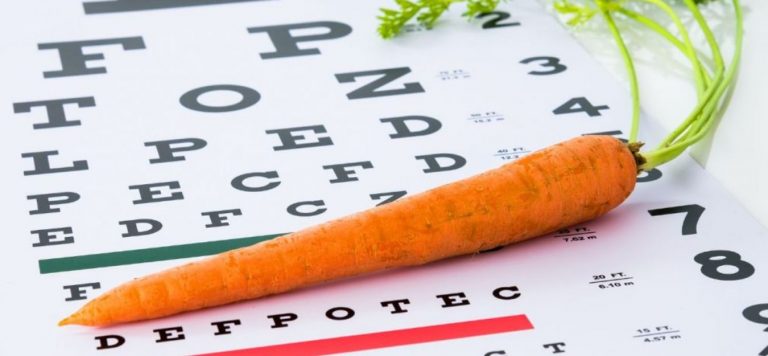Mindful Nutrition
You’ve probably heard the adage, “You are what you eat.” In fact, it has been everywhere over the past several years. However, this is not a new saying. Brigham Young University states, “...its roots trace back to one of the earliest and most influential commentators on food: Jean Anthelme Brillat-Savarin, who was, perhaps not surprisingly, French.”
Though this adage is perhaps oversimplified, what we put into our bodies greatly impacts how our bodies function. You may be wondering, are there certain ways of eating that can keep our brains healthy and improve mental health?
Perhaps.
The MIND Diet
One proposed way of eating is the Mediterranean-DASH Diet Intervention for Neurodegenerative Delay, also known as the MIND Diet. This diet specifically targets the aging brain and was created because people have been searching for ways to fend off cognitive decline.
In 2015, researchers at Harvard Chan School of Public Health and Rush University Medical Center published their findings from a 10-year research study. Participants in the study did not have dementia at the time of enrollment. After the study, the researchers found that the MIND Diet had a greater impact on the development of dementia than either the Mediterranean diet or the DASH diet alone.
Guidelines of the MIND Diet suggest the following:
- At least three servings of whole grains per day.
- At least one serving per day of vegetables, aside from leafy greens.
- At least six servings per week of leafy greens.
- At least five servings per week of nuts.
- At least four meals per week of beans.
- At least two servings per week of berries.
- At least two servings per week of poultry.
- At least one serving per week of fish.
- Olive oil is the primary source of fish.
The following should be limited or excluded:
- Less than five servings per week of sweets and pastries.
- Less than four servings per week of red meats.
- Less than one serving per week of cheese and fried foods.
- Less than one tablespoon per week of butter and/or margarine.
The Top Foods for Enhancing Cognitive Function
Short of following a specific diet, can certain foods impact how our brains are functioning? Some of the following foods can improve brain health. You’ll find that many of these foods are also found on the MIND Diet.
Green, Leafy Vegetables
We know that green, leafy vegetables are rich in fiber but they are also abundant in many vitamins and minerals, such as beta carotene, lutein, folate and vitamin K. Researchers believe that these vitamins and minerals may slow cognitive decline.
Nuts
We’ve long known that oils like olive oil are good for our bodies. Likely, nuts are good for our bodies for the same reasons.
Nuts contain a variety of healthy fats and oils that are necessary for healthy functioning. Depending on the nut, they also contain various vitamins and minerals. Nuts have excellent antioxidant properties between fats, oils, vitamins and minerals.
Tea and Coffee
The benefits of tea and coffee may lie in the caffeine…
In a 2014 study published in the Journal of Nutrition, “...participants with higher caffeine consumption scored better on tests of mental function.” Other research indicates that caffeine intake may help to solidify memories.
Eggs
Ahhhh, eggs - one of the most popular breakfast foods - and for a very good reason!
Researchers believe that one of the reasons that eggs are a boon for brain health is because they are rich in choline. Choline is thought to reduce inflammation and aid in improving overall brain functioning.
Berries
When talking about foods for brain health, berries are up there. They contain flavonoids, which are responsible for the beautiful colors. It is also thought to improve memory! A study with Harvard’s Brigham and Women’s Hospital found that women who consumed at least two servings of strawberries and blueberries per week were able to stave off memory decline by 2.5 years!
Spices
It isn’t just the foods we’re eating - the spices we use to flavor our foods. This is because many spices have antioxidant properties, meaning that they help the brain fend off free radicals.
One spice that has been making headlines over recent years is turmeric. The active ingredient in turmeric is curcumin, which helps to reduce inflammation. It may also reduce anxiety.
Fermented Foods
A 2016 meta-analysis of 45 studies “...indicated that fermented foods might protect the brain in animals, improving memory and slowing cognitive decline.” Fermented foods contain yeasts and bacteria - they are live microorganisms.
Examples of fermented foods include sauerkraut, kimchi, plain yogurt and kombucha.
Avocados
Avocados are thought to be helpful for brain health because they are very rich in magnesium. Research indicates that depression may be linked to low magnesium levels, so it stands to reason that eating foods rich in magnesium may improve mental health.
Article Resources
- Brigham Young University (You Are What You Eat)
- CNBC (A Harvard nutritionist shares the 6 best brain foods: ‘Most people aren’t eating enough of’ these)
- EatingWell (6 Foods You Should Be Eating Every Day for Better Brain Health, According to a Dietitian)
- Harvard Health Publishing (Foods linked to better brainpower)
- Harvard T.H. Chan (Diet Review: MIND Diet)

